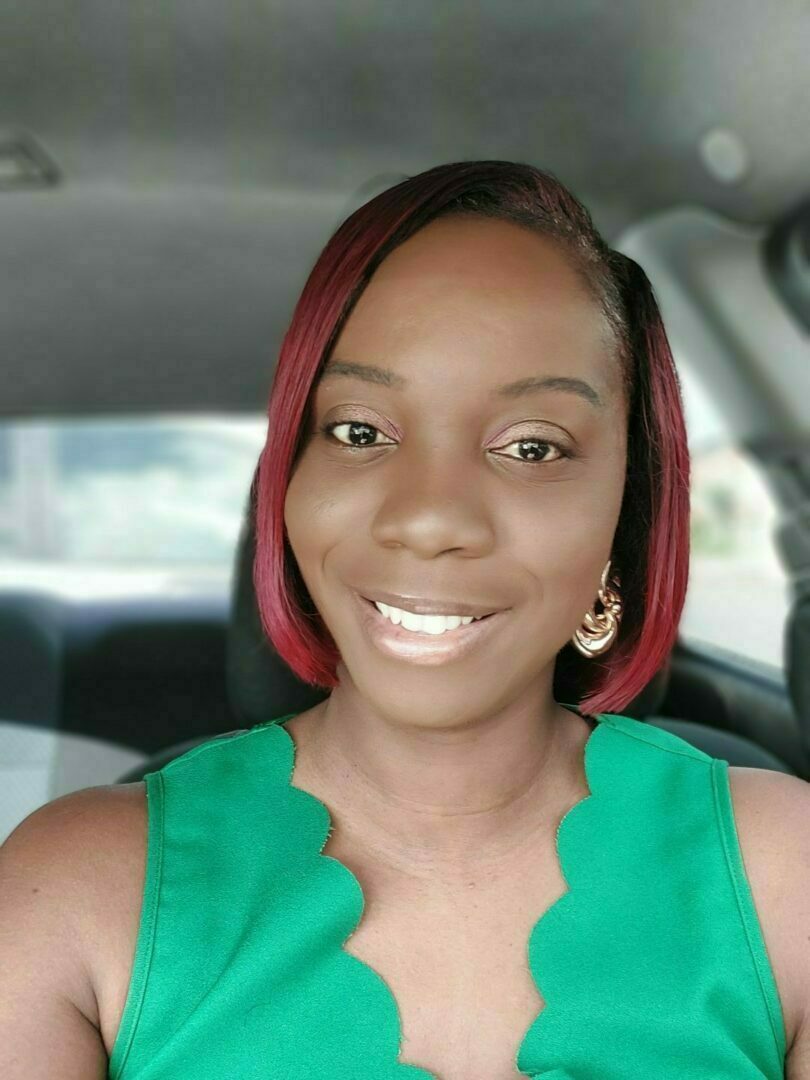We’re looking forward to introducing you to Ms. Marcia N. Armstrong. Check out our conversation below.
Hi Marcia N., thank you for taking the time to reflect back on your journey with us. I think our readers are in for a real treat. There is so much we can all learn from each other and so thank you again for opening up with us. Let’s get into it: What’s the most surprising thing you’ve learned about your customers?
When I first started my business, I was taught the importance of gathering social proof—testimonials, outcomes, and evidence that your work has value. But what I’ve come to realize over time is that this looks very different depending on the type of customer you serve.
As a personal finance educator and business consultant, my client base has grown significantly. I now work with individuals at very high levels, some of whom earn more than I do, including millionaires and professionals bringing in high six-figure incomes. What’s been most surprising is that despite their financial success, they often face the same challenges as someone with far less income. Money struggles don’t discriminate.
I’ve also learned that the higher a person’s position or influence, the more they tend to value privacy. That was an important shift for me. In the early days, I would ask every client for a testimonial. Now, I’ve learned to be more discerning. It’s not just about sharing their financial journey, it’s also about how they’re perceived by their peers and the public. Some clients simply aren’t comfortable being vocal, and that doesn’t mean they didn’t receive value or experience transformation. I’ve come to understand that not everything needs to be publicized. If someone chooses to share their experience, that decision should be theirs—not mine.
That said, it’s been such a blessing to see clients voluntarily speak up about their experiences. Whether it’s a public post, a comment on a live session, or even during interviews, others have chimed in unprompted to vouch for the work I’ve done. These moments remind me that support can come in many forms, even if it’s not always visible in a testimonial on a website.
Can you briefly introduce yourself and share what makes you or your brand unique?
My name is Marcia Armstrong, and I’m the founder of A Purpose Life, a financial education and coaching company based in Barbados. At the heart of my work is a simple but powerful belief: wealth isn’t just about how much money you have, it’s about living a life of purpose, freedom, and alignment.
I started this journey after being made redundant from my corporate banking job in December 2020. That transition pushed me to step fully into the calling I had been preparing for behind the scenes, helping people take control of their finances and rewrite their money story. I’ve been debt-free since 2019, and I now use that experience, along with my background in finance and administration, to teach others how to budget, manage debt, build wealth, and most importantly, live on purpose.
What makes A Purpose Life unique is that it blends practical financial tools with mindset transformation and spiritual grounding. I work with individuals, schools, businesses, and community organizations, teaching everything from money psychology and budgeting to entrepreneurship and investing, often in ways that are relatable, culturally grounded, and honest.
I also work closely with clients through one-on-one coaching and workshops that help people move from financial stress to financial clarity.
Whether I’m speaking to a room of executives or mentoring a teenager learning to save for the first time, my mission remains the same. I want to equip people with the knowledge, confidence, and perspective they need to make empowered money decisions that create lasting change for themselves, their families, and their communities.
Great, so let’s dive into your journey a bit more. Who saw you clearly before you could see yourself?
This is one of the easiest questions for me to answer. It was God who saw me clearly long before I ever saw myself.
As a child, my journey was filled with turbulence. In the earlier part of my life, I genuinely didn’t know who I was. I had no real sense of identity, no understanding of purpose, and truthfully, I didn’t believe I mattered. If I had disappeared back then, I didn’t think it would’ve made a difference. That’s how low things felt.
But everything started to shift when I was working at a law firm and one of my colleagues invited me to church—New Dimensions Ministries. I said yes and began attending, though at first I wasn’t actively involved. I would sit quietly, simply being present. Then, one Sunday, a guest speaker from Canada delivered a message that deeply moved me. When the altar call was made, I remember my feet moving on their own. I walked forward and gave my life to Christ.
From that day on, everything changed. The more I learned about God, the more I discovered about myself—who Jesus says I am, what I was created for, and the kind of impact I was born to make. That moment marked the beginning of my transformation. I came into the revelation of my identity and purpose, and I have never looked at life the same way since.
My relationship with God continues to shape who I am. Through renewing my mind, studying the Word, and being in fellowship with kingdom-minded believers, I’ve become rooted in my identity. I turned 40 this year, and I often reflect on how I once questioned whether I’d even live past 20. My life back then felt like a downward spiral. To be here today, thriving, healed, and walking in purpose while impacting not just my nation but the world, is a testament to the transformative power of Jesus Christ.
What did suffering teach you that success never could?
Suffering taught me something that success never could, it showed me who was truly for me and what I needed to change to never be in that place again.
I remember very clearly a time early in my business when cash flow was extremely tight. Bills were due, expenses were piling up, and for the first time, I didn’t know who I could turn to for help. It was tough, because I’m usually the one people come to for support. I’ve always been the giver. But in that moment, I found it incredibly hard to be on the other side, to need help and not know where to find it.
I felt vulnerable, frustrated, and honestly, a bit ashamed. I remember telling God, “I never want to feel like this again.” It was a defining moment for me. And it taught me that while people may celebrate your success, not everyone will be there when you hit rock bottom.
Eventually, I messaged two people. One responded right away, without question, and gave me exactly the help I needed. The other seemed surprised that I was even asking, and by the time he circled back, I no longer needed his support. I will never forget the one who showed up, no hesitation. That kind of support is rare, and I’m forever grateful.
That season taught me more about financial discipline than any paycheque ever could. It pushed me to create buffers in my business—emergency funds, safeguards, and systems to make sure my core expenses are always covered. It taught me to manage differently, at a higher level, with more wisdom and less emotion.
But more than anything, it humbled me. It taught me that asking for help isn’t weakness, it’s wisdom. I learned how to reach out, how to receive, and how to recover—stronger, wiser, and more prepared. I’ve never been in that situation again, and I thank God for the grace and the lesson. Because it changed the way I lead, the way I manage money, and the way I show up for others.
I think our readers would appreciate hearing more about your values and what you think matters in life and career, etc. So our next question is along those lines. Where are smart people getting it totally wrong today?
Many smart people are getting it wrong by assuming that success or intelligence in one area of life automatically means they have everything figured out—especially when it comes to money.
I’ve worked with professionals who are brilliant in their fields. They are leading teams, running businesses, and making significant income, yet their personal finances are in disarray. There’s often this silent struggle because they feel like they should already know how to manage money. But financial literacy isn’t something we’re born with, and it’s not always taught in schools or homes. Managing money well takes intentionality, not just intelligence.
Another area where smart people miss the mark is in believing that constant movement equals progress. The nonstop hustle, the pressure to always be achieving, can lead to burnout and disconnection from self. What many don’t realize is that real clarity and creativity often come in moments of stillness. Rest is not a reward for hard work—it is part of the strategy.
Smart people also tend to struggle with asking for help. There’s an internal expectation to always have the answers, but wisdom is knowing when you need support. It takes strength to admit when you need guidance, and even more strength to act on it.
At the core, being smart isn’t just about being sharp or accomplished. It’s about remaining teachable, self-aware, and willing to grow. The people who truly thrive are the ones who continue to ask questions, challenge their assumptions, and invite others into the journey.
Okay, we’ve made it essentially to the end. One last question before you go. Have you ever gotten what you wanted, and found it did not satisfy you?
Yes, I can speak to that from two very personal experiences.
The first was in March 2019 when I became debt-free. I had worked so hard to get to that point, and I expected to feel this overwhelming joy the moment I saw that $0.00 balance on my loan account. But the truth is, I didn’t feel as excited as I thought I would. What surprised me was that the journey itself—the discipline, the sacrifice, the structure, the consistency, that’s where I found the real joy. I was proud of the woman I was becoming while on the journey. I was holding myself accountable, saying no when it mattered, sticking to my plan despite outside pressures. That gave me a deeper sense of accomplishment than the final number ever could.
I also didn’t have many people in my immediate circle who could truly relate to or celebrate that win with me. So even though I had reached this major milestone, it felt somewhat anticlimactic. It wasn’t until I joined a financial literacy group online, filled with people pursuing similar goals, that I really found a community who understood. That sense of belonging and shared purpose brought more satisfaction than the moment I got the letter saying the charge on my vehicle had been released. Yes, it felt good, but it wasn’t the mountaintop moment I had imagined.
The second example comes from my business. There were times I longed for certain designations or recognitions. I would see others post their achievements and think, when will it be my turn? And when the moment finally came, I realized the excitement didn’t last. It was fleeting. It taught me that if your heart isn’t in the right place, if your motive isn’t aligned with your purpose, even the things you once prayed for may not fulfill you the way you expected.
So I’ve learned to reward myself along the way. I’ve learned to find joy in becoming, not just arriving. Sometimes the ending won’t feel as grand as you imagined, but that doesn’t mean it wasn’t worth it. It means the transformation was happening all along, and that’s where the true reward lies.
Contact Info:
- Website: https://www.apurposelife246.com
- Instagram: https://www.instagram.com/a.purpose.life/
- Linkedin: https://www.linkedin.com/in/marcia-armstrong/
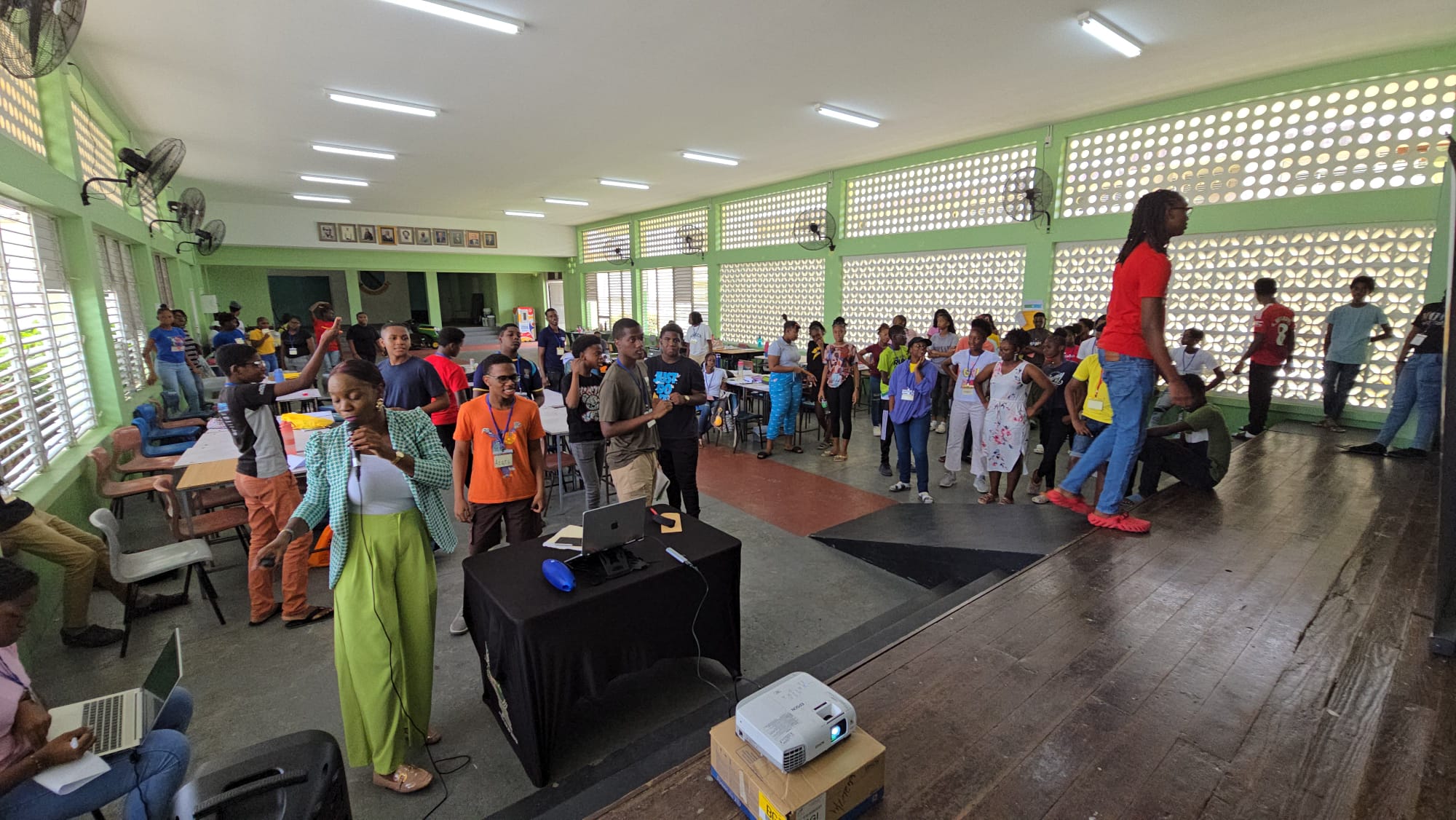
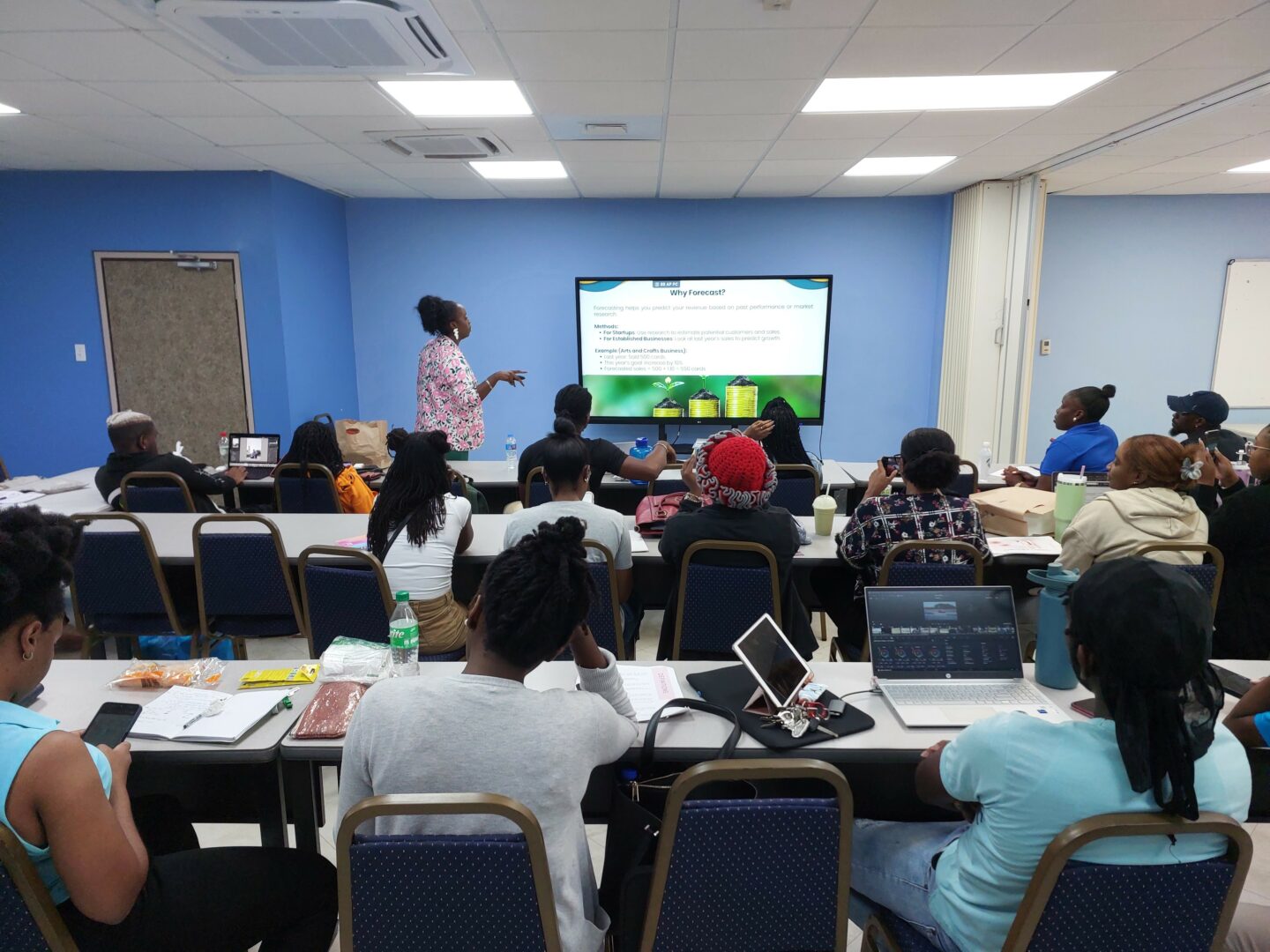
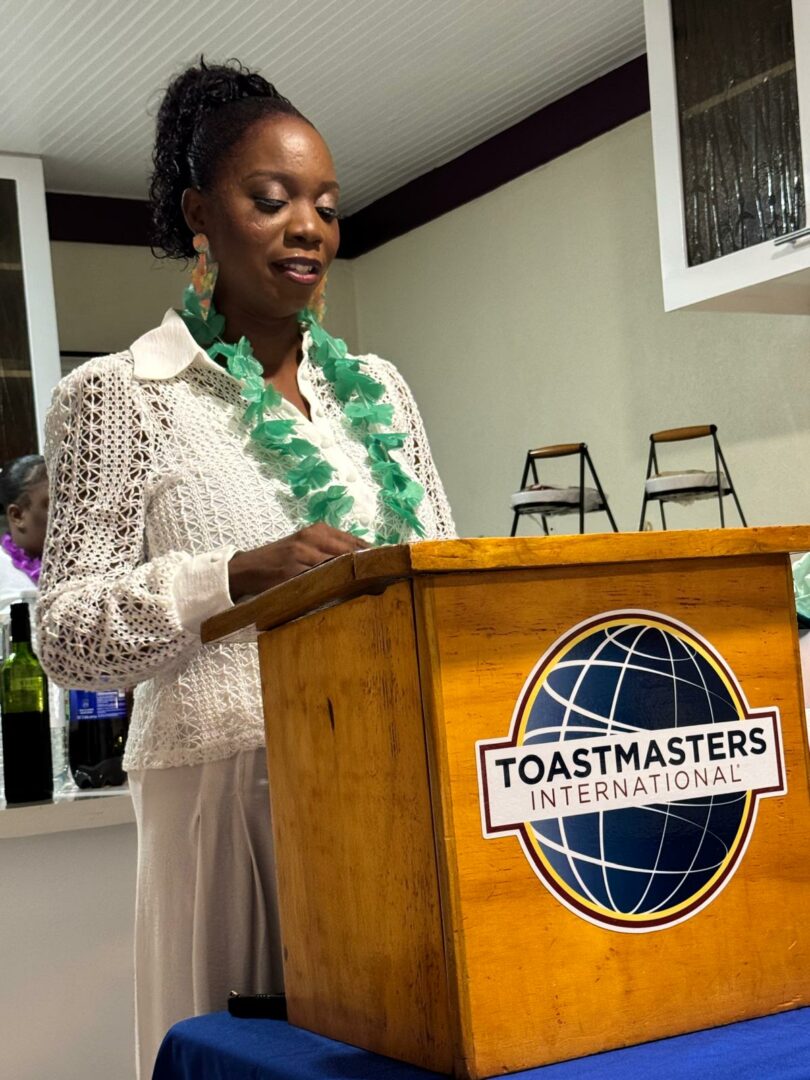
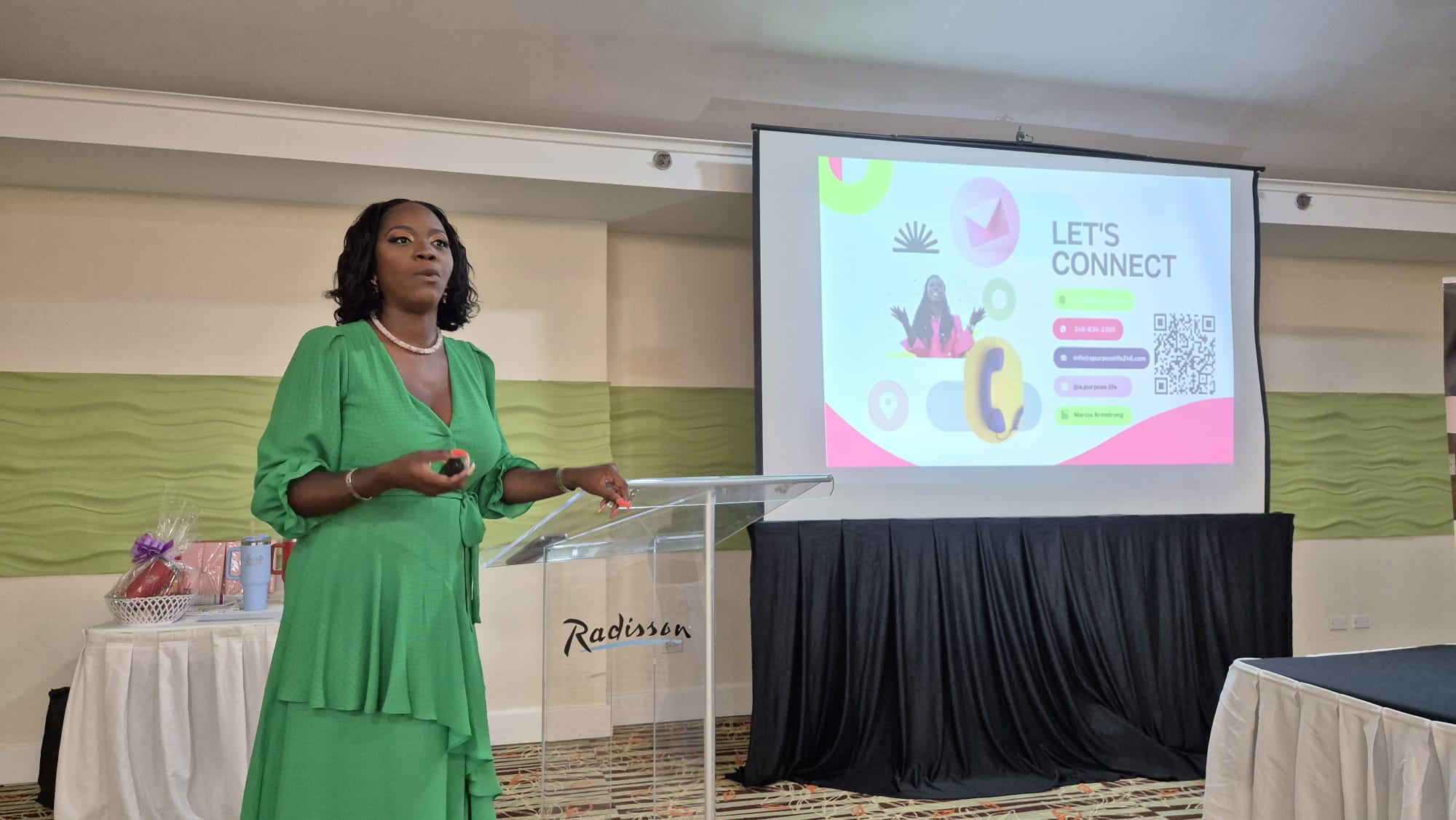
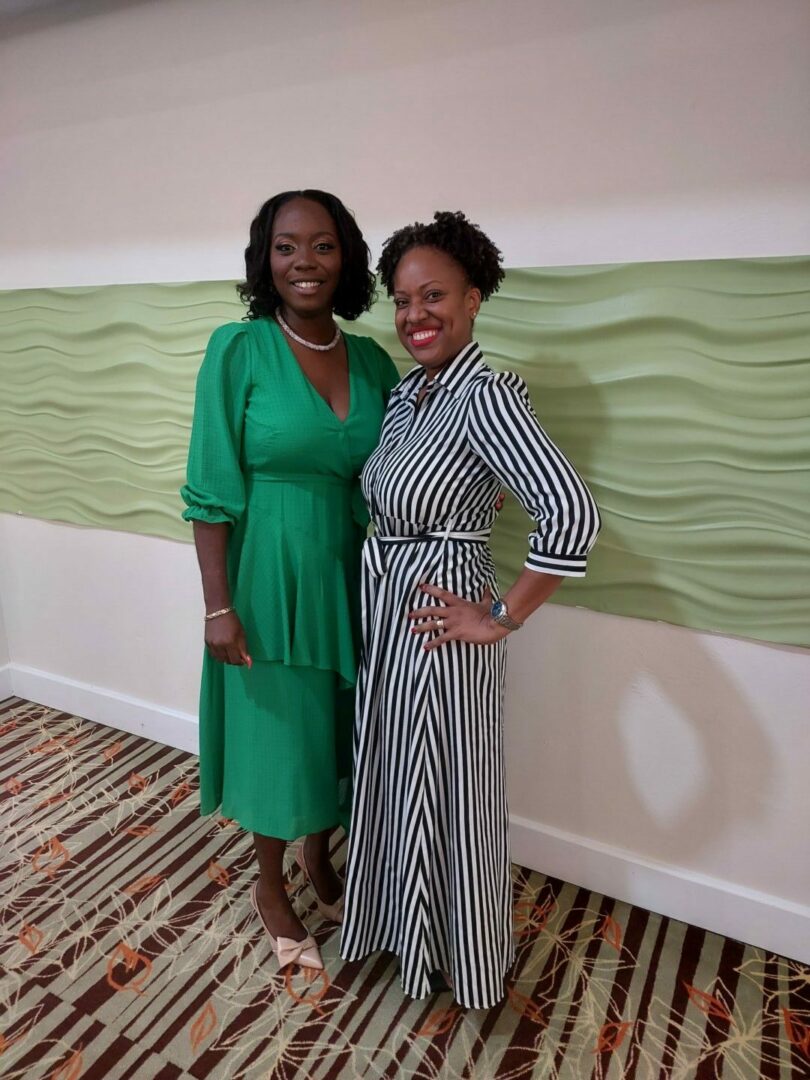
so if you or someone you know deserves recognition please let us know here.

